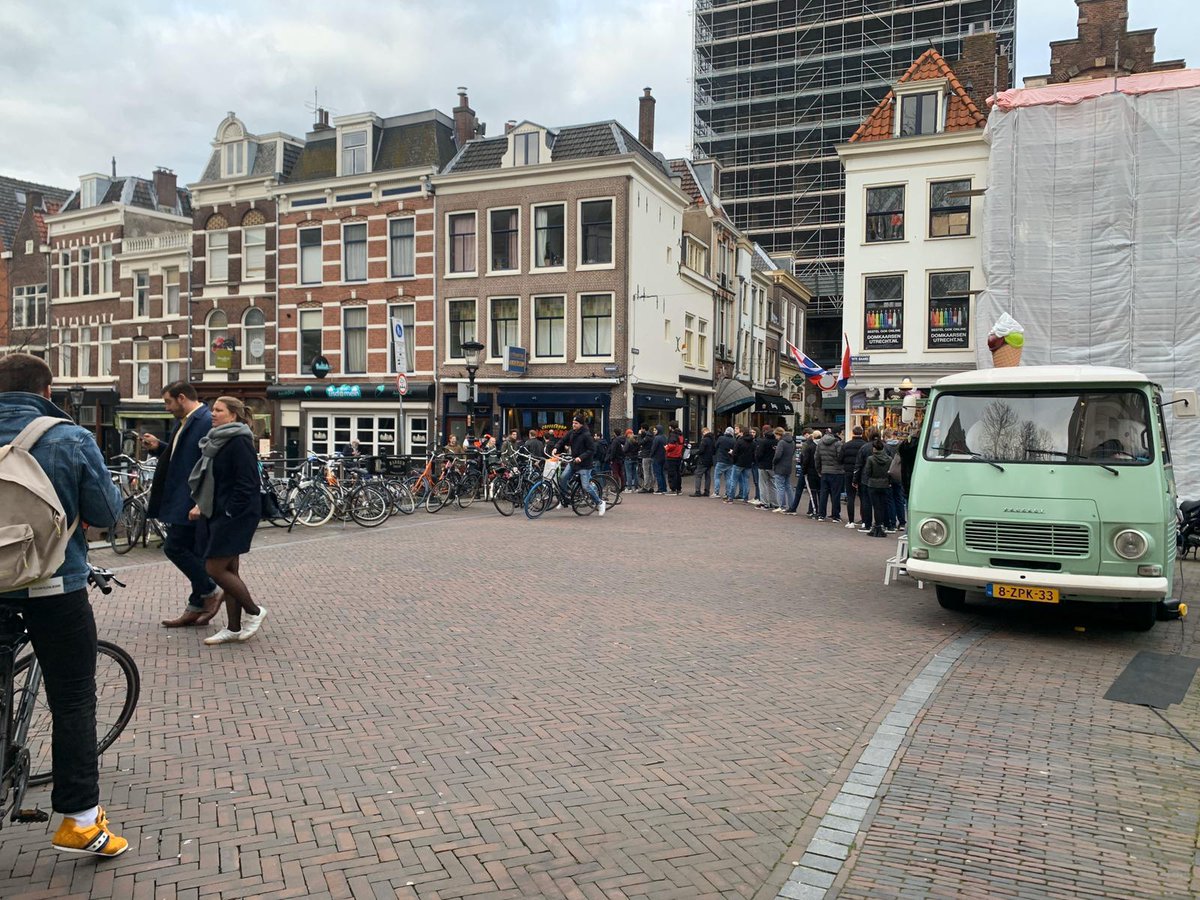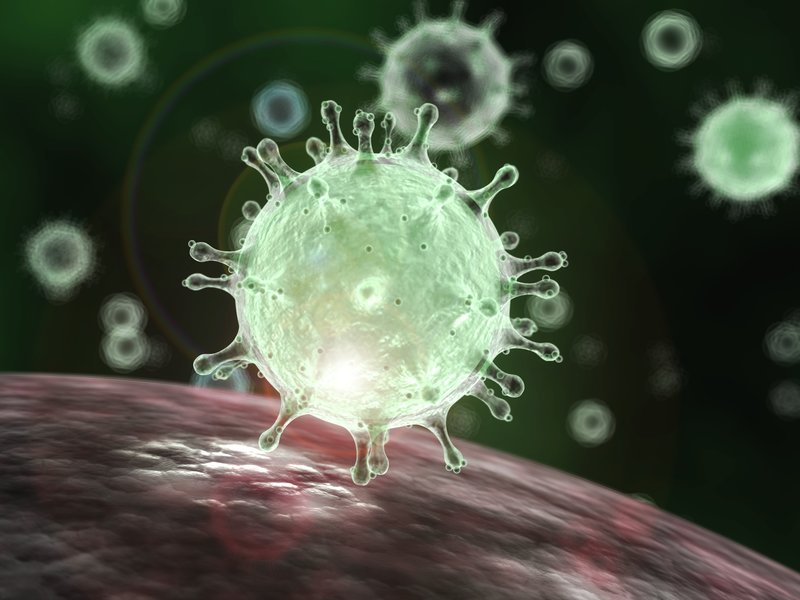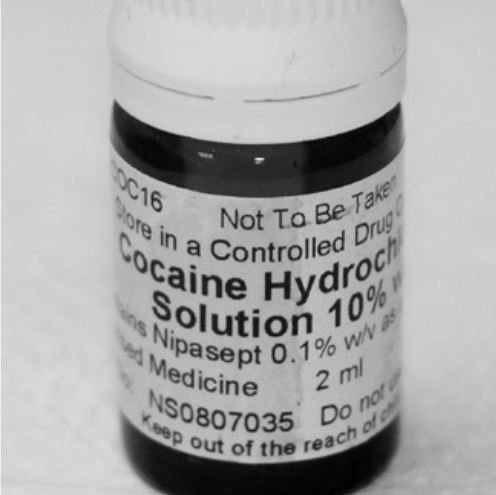
I've been asked how Malta's new law is different from Spain, the Netherlands & Portugal - and, in that context why people saying it is the first EU country to 'legalise' cannabis
So here's a THREAD to explain - with apologies in advance for length/dullness
1/
So here's a THREAD to explain - with apologies in advance for length/dullness
1/
to explain the distinction you need to understand whats happened in the other countries:
Portugal changed its law in 2001 removing criminal sanctions for possession (of any drug), but it remains a civil offence, with various sanctions available....
transformdrugs.org/publications/d…
2/
Portugal changed its law in 2001 removing criminal sanctions for possession (of any drug), but it remains a civil offence, with various sanctions available....
transformdrugs.org/publications/d…
2/
small scale cannabis possession is usually dealt with by confiscation & no further action taken - but repeat 'offenders' (its still technically an offence) can be fined or referred to treatment.
There's no legal supply - so 'legalisation' is an often misused word.
3/
There's no legal supply - so 'legalisation' is an often misused word.
3/
With apologies to my Dutch friends, the Netherland's is just really weird.
Cannabis possession is nominally still illegal, but de facto decriminalised - or formally tolerated. Supply is also formally tolerated but only via licensed 'coffee shops'
transformdrugs.org/publications/c…
4/
Cannabis possession is nominally still illegal, but de facto decriminalised - or formally tolerated. Supply is also formally tolerated but only via licensed 'coffee shops'
transformdrugs.org/publications/c…
4/
Supply to the coffee shops, however, remains from criminal (often OCG) sources; the so called 'back door paradox', AKA weird
Plans for legal production for the coffee shops have been grinding through parliament for years, but not materialised yet
(how'd i do @tblickman ?)
5/
Plans for legal production for the coffee shops have been grinding through parliament for years, but not materialised yet
(how'd i do @tblickman ?)
5/
So from a consumer perspective NL has had 'legal' cannabis for years; you can literally walk into 100s of shops buy it, & consume it openly
But its actually not *de jure* legal, or even decriminalised - its just a tolerance system that's evolved over decades to look like it is
6/
But its actually not *de jure* legal, or even decriminalised - its just a tolerance system that's evolved over decades to look like it is
6/
Spain actually ended criminal sanctions for small scale personal possession (of all drugs) before Portugal (but doesn't get credit as they didn't do all the cool health stuff as well). Cannabis possession is often ignored, but can get you confiscation + fine.
7/
7/
Activist-led strategic litigation established case law, firstly, that small scale home growing came within the broader decriminalisation law (although I don't believe a number of plants was ever specified)
8/
8/
An iterative process of further court cases then established that membership based associations (cannabis social clubs) that pooled individual decrim allocations to a grower could share the harvest amongst themselves - within certain parameters (adults only, not profit etc)
9/
9/
Spain now has 100s of these CSCs operating in a strange case-law-established grey area (& people are still being prosecuted and jailed). Some of the regional Govts have attempted to formally regulate them, but been prevented by National Govt.
transformdrugs.org/publications/d…
10/
transformdrugs.org/publications/d…
10/
So, a bit like the Nethrlands, visit one of Barcelona's swanky CSCs and ut feels for all the world like cannabis is legal in Spain - but again its actually not at all.
11/



11/
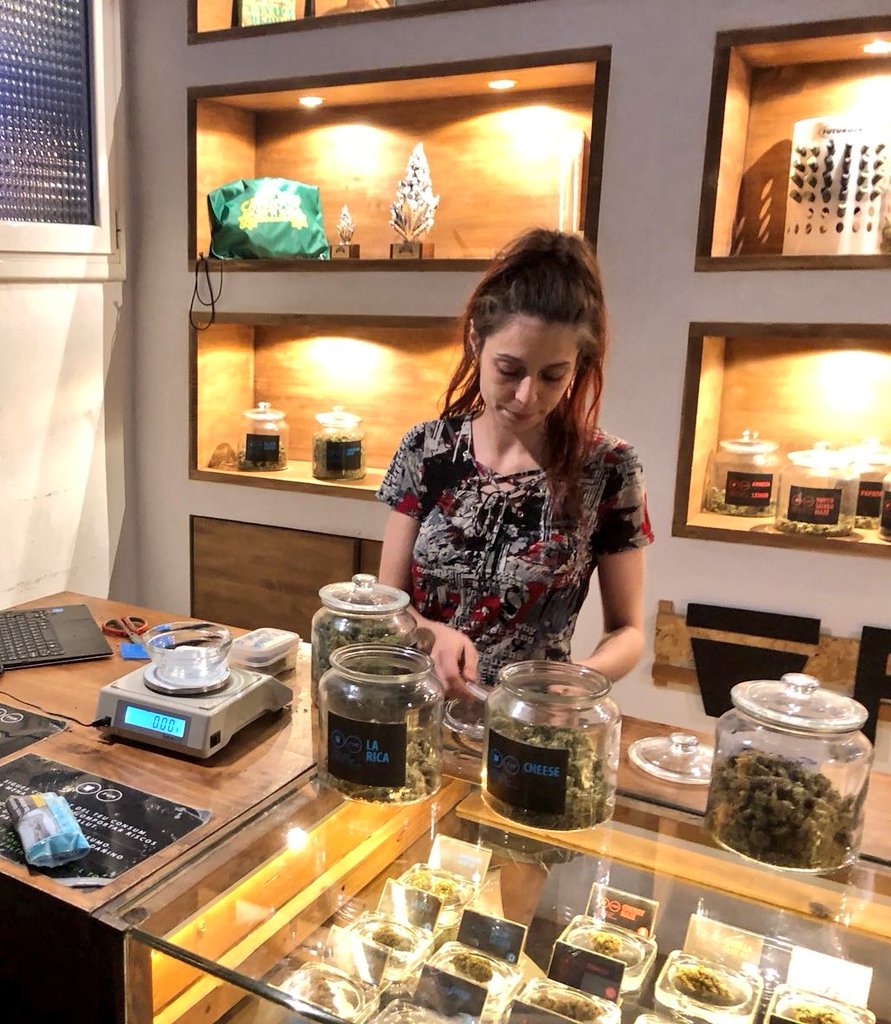


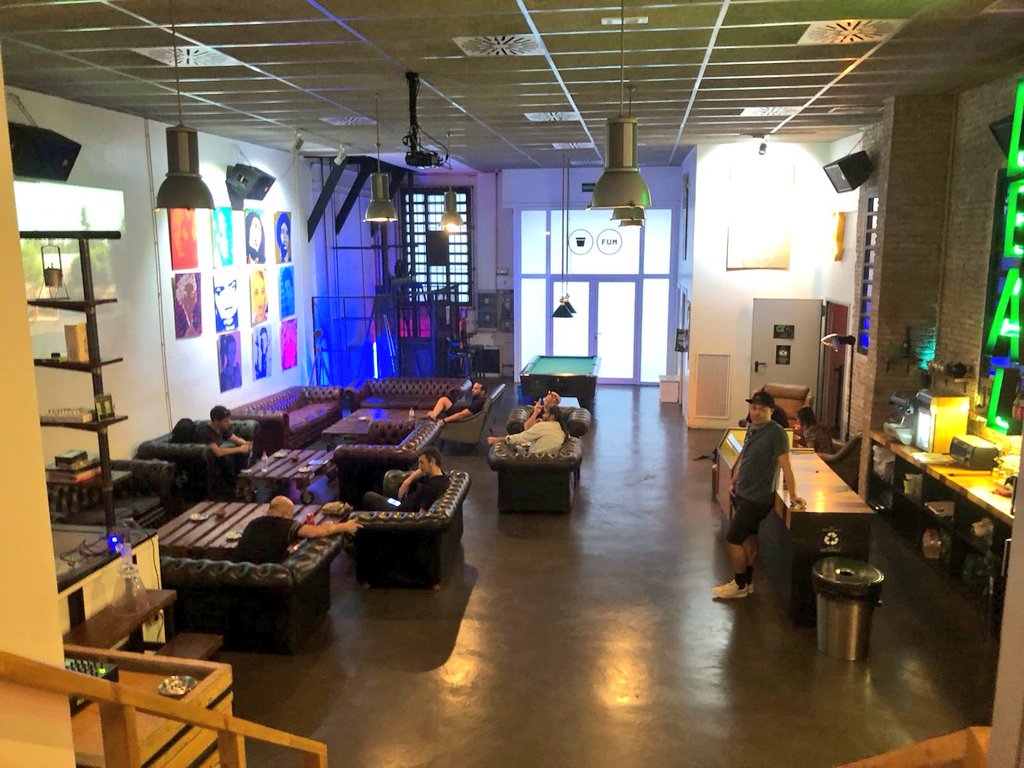
Which brings us to Malta - and why its different. YAY!
(there's more to say about various other regimes in Europe, but they are essentially variations on the decrim/tolerance models above)
12/
(there's more to say about various other regimes in Europe, but they are essentially variations on the decrim/tolerance models above)
12/

Malta's parliament yesterday voted into law a bill (that will be enacted at the weekend by the president) which you can read here:
parlament.mt/media/113703/b…
(best ignore up until page 41 as its in Maltese or v.technocratic stuff about the regulatory body)
13/
parlament.mt/media/113703/b…
(best ignore up until page 41 as its in Maltese or v.technocratic stuff about the regulatory body)
13/
The new law means possession of <7g is not an offence *of any kind* (criminal or civil)
So unlike decrim laws across the world, possession (under 7g) is effectively *legalised* (but try to avoid that phrasing re posssession as it gets confused with legalisation of supply)
14/
So unlike decrim laws across the world, possession (under 7g) is effectively *legalised* (but try to avoid that phrasing re posssession as it gets confused with legalisation of supply)
14/

The new law (well technically these are amendments to the existing law) also specifically permits cultivation of up to four plants in a private residence (under certain conditions - pls read the detail).
So its not decriminalised or tolerated as elsewhere; its is LEGAL
15/
So its not decriminalised or tolerated as elsewhere; its is LEGAL
15/

Finally, the Bill specifically permits, within carefully specified parameters, the establishment of registered, not for profit membership based associations of up to 500 people, for cannabis cultivation and distribution
Very much like the Spanish clubs, but ACTUALLY LEGAL
16/
Very much like the Spanish clubs, but ACTUALLY LEGAL
16/

The only formal legal precedent for this (excepting the regional Spanish Govt plans which have yet to pass) is the Uruguayan cannabis social club model - which is legal, but obviously not in the EU.
17/
17/
There's lots of other detail in the bill that could be discussed - but this thread is too long already. (I'm not crazy about all of it; there's some, IMHO, disporortionate fines- which feel like political theatre), And the point of the thread was to explain how its different
18/
18/
The main distinction, as hopefully clear now, is that the reforms are formal *de jure* legalisation (of possession home grow and coop/associations) rather than some kind of unsatisfactory legal half-way house in which the spectre of criminalisation still lurks in the shadows
19/
19/
Indications are that a regulated retail model will follow.
(Germany, Luxembourg & Switzerland all have retail models of some form in the pipeline)
But there's no rush for Malta. They've already won the race.
20/
(Germany, Luxembourg & Switzerland all have retail models of some form in the pipeline)
But there's no rush for Malta. They've already won the race.
20/
Like Uruguay, Malta has taken a cautious but pragmatic path; partly for domestic & regional political reasons, & partly because, like Uruguay, they're a small, sensible country that rightly thinks a headlong rush into a commercialised mkt isn't wise.
#leadership
21/21
#leadership
21/21
I basically say the same thing as this 22-tweet mega thread in this 18 word @NYT quote:
"Malta has formally legislated what exists in other European countries, but only in a weird legal grey area"
nytimes.com/2021/12/15/wor…
"Malta has formally legislated what exists in other European countries, but only in a weird legal grey area"
nytimes.com/2021/12/15/wor…
• • •
Missing some Tweet in this thread? You can try to
force a refresh




